Trade

Trade between Northern Ireland and the Republic of Ireland has been influenced by boycotts, agreements, and smuggling since the early 1920s.
The Belfast Boycott
From July 1920, Sinn Féin (the leading Irish republican party) imposed a boycott on goods and services from Belfast in protest of partition and the expulsion of Catholic workers in the city. The boycott spread beyond Belfast and was enforced to varying degrees until it was dropped in 1922.
Customs and Smuggling
The imposition of custom posts by the Irish Free State Government in 1923 affected trade between the north and south of Ireland, giving rise to a culture of smuggling across the border. Animals, food, fuel, clothing, tobacco, alcohol, and agricultural products were common items smuggled across the border in each direction. Between the 1920s and the 1970s was the ‘golden age’ for smuggling, after which Ireland and the United Kingdom’s entrance into the European Economic Community (later the European Union) removed some of the barriers to trade.

Flyer explaining the anti-partition motivations for the Belfast Boycott. Produced 1921.
The European Union and the Sea Border
Trading between Ireland and the United Kingdom eased due to developments within the European Union as well as the reduction of military infrastructure in the border region after the signing of the Belfast/Good Friday Agreement. However, after the United Kingdom referendum result on whether to leave the European Union in 2016, trading agreements between Northern Ireland and Ireland, and across the Irish Sea have become a controversial and contentious issue between political parties and governments in Northern Ireland, Ireland, Great Britain, and the European Union.






